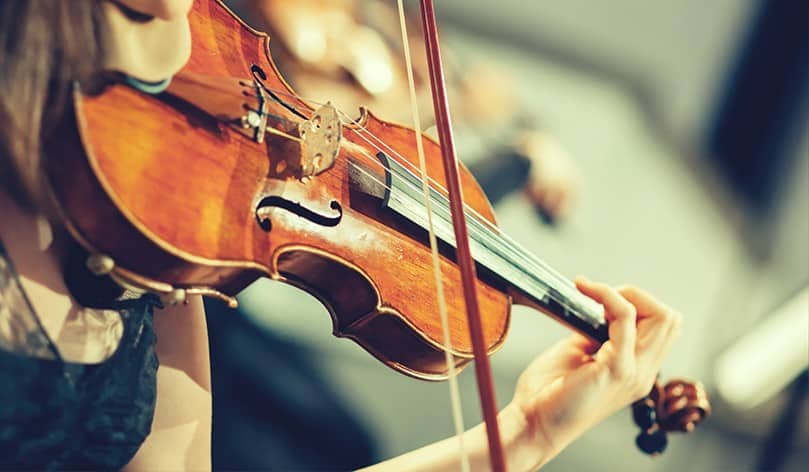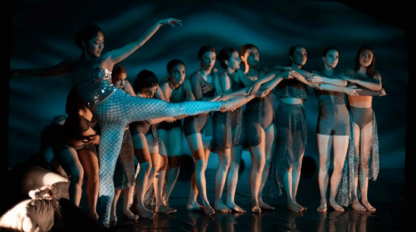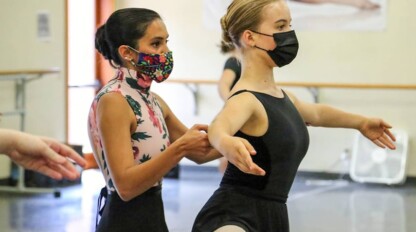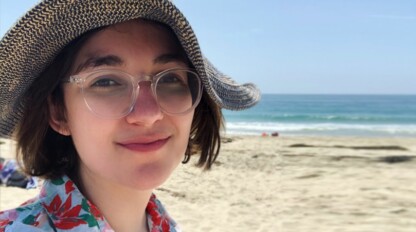Dobrina Dobreva didn’t practice the violin for thousands of hours to become a successful immigration lawyer. Yet the 2002 Idyllwild Arts alum personalizes the neuroscience suggesting that specialized study of classical music (and other arts!) produces broad, general, long-lasting benefits.
In Dobrina’s words, “The discipline of music education translates into any job. And with law you must be creative—every case requires a different approach.”
Every individual also requires a different approach, however, and many classical musicians want to remain classical musicians. Fortunately, classical musicians have every right to appropriate Mark Twain’s quip that “The report of my death was an exaggeration.” If none are likely to attain the celebrity of Beyoncé or Taylor Swift, those whose expectations are scaled to mere mortals can do just fine.
Renowned cellist and conductor Julian Lloyd Webber challenges received wisdom about classical music’s decline by insisting “it is so much easier to make it today” in classical music than forty years ago, when he dared to record a composition for cello and rock band. Since then, he notes, opportunities for “working cross–genre with spoken word or dance” or “digital games” have exploded.
If he were “starting out as a performer now,” Lloyd Webber adds, he’d “be all over YouTube and Spotify like a rash. . . going on Social Media forums, posting links and asking for feedback.”
This is why Idyllwild Arts and some other elite high school and post-high school music programs offer classes that teach young musicians about social media and other aspects of career advancement.
Career advancement should include valuing “all of your musical skills”, according to the young classical musician Kate Blackstone. The vast, open network of connections enabled by digital technology can open you up to using “your skills in improvisation, arranging, workshop leading or teaching.” Blackstone mentions a pianist who’d written “of being removed from ‘a bubble of loneliness and fear’ by teaching.”
Perhaps the original and deepest motive of all art is to escape loneliness and fear by connecting with others. It’s possible that today there is less reason than ever to stay sealed inside that bubble.



